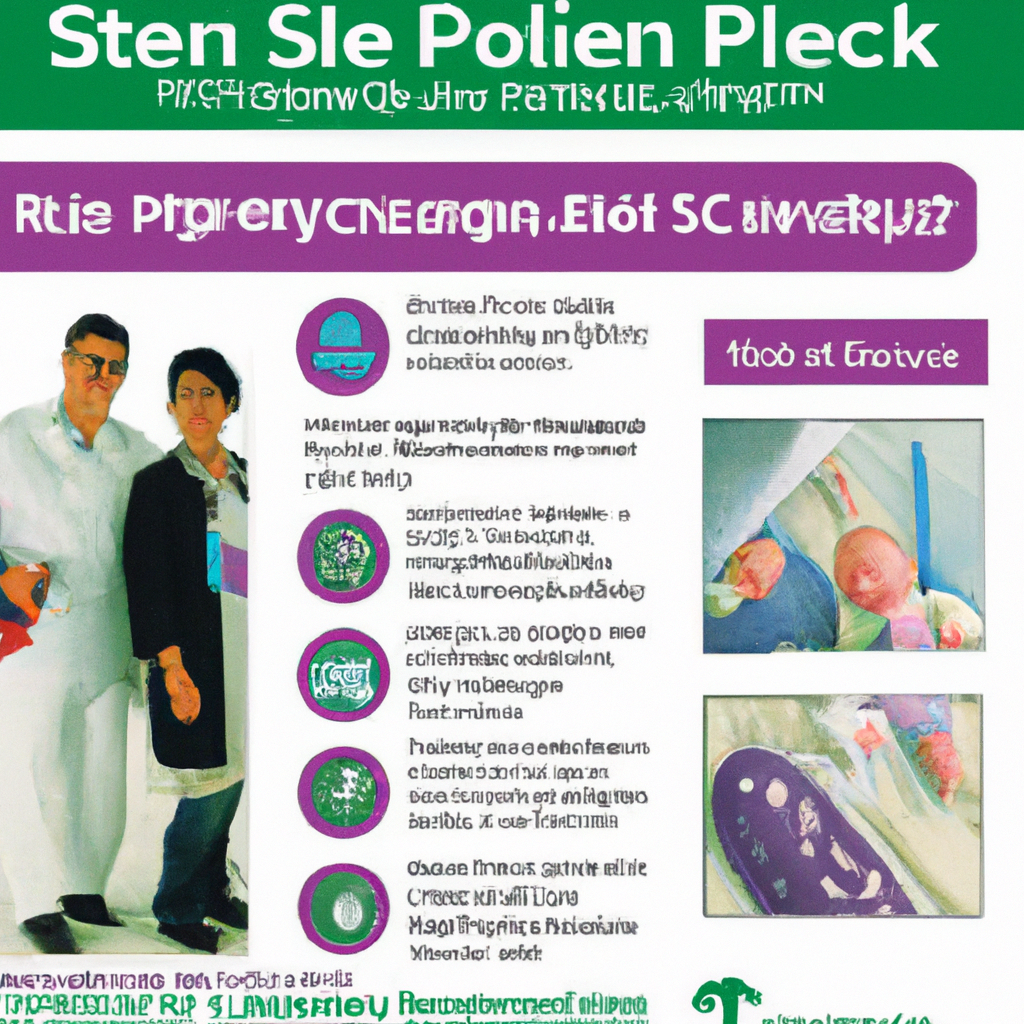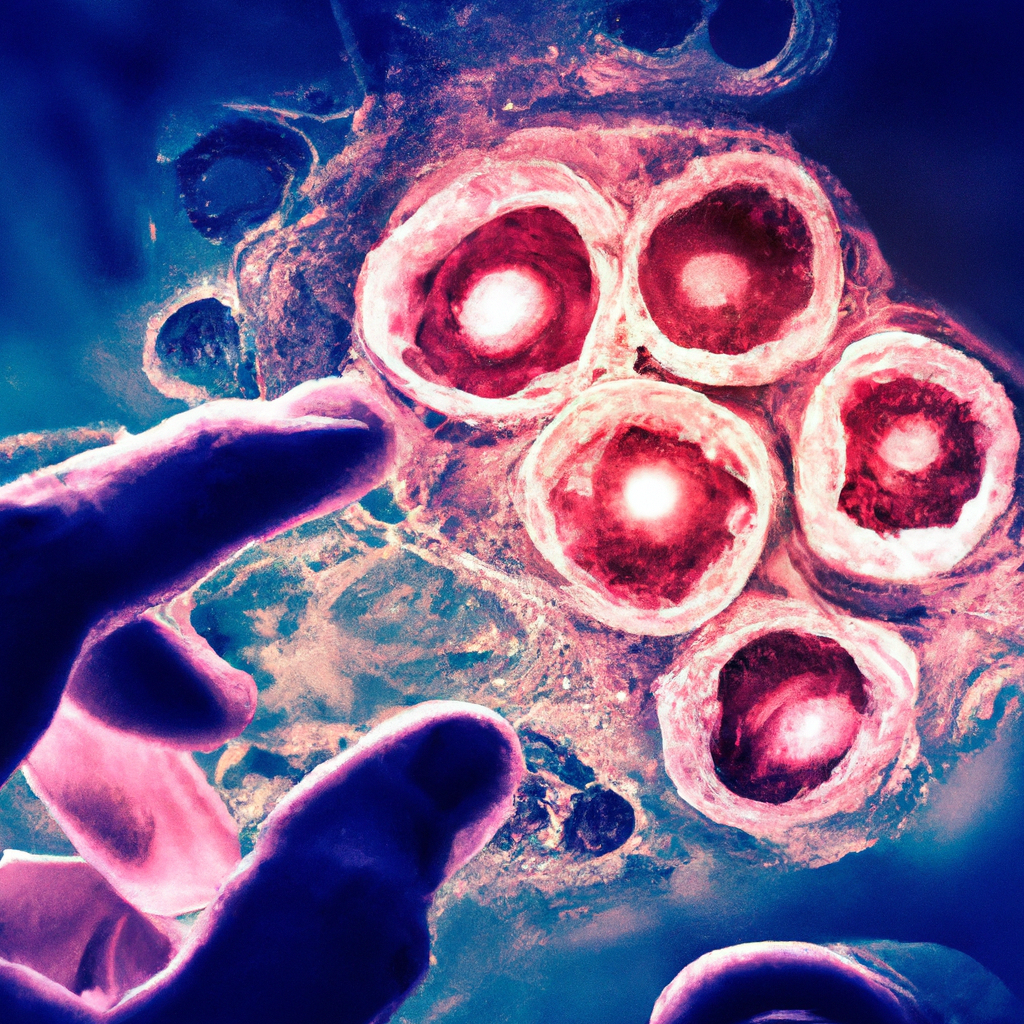Are you curious about the potential of stem cell therapies in addressing fertility issues in Malaysia? In this article, we will explore the topic in depth, discussing the latest research and advancements in the field. Whether you are someone seeking fertility treatments or simply interested in the advancements of medical science, this article will provide you with valuable insights and information. So let’s dive into the world of stem cells and their potential impact on fertility in Malaysia.
Understanding Fertility Issues
Definition of Fertility Issues
Fertility issues, also known as infertility, refer to the inability of a couple to conceive after attempting to do so for a significant period of time, typically one year. It is important to note that infertility is not solely a female issue, as both men and women can experience fertility problems. These issues can be caused by a variety of factors and can have significant emotional and psychological impacts for those experiencing them.
Common Causes of Fertility Issues
There are numerous factors that can contribute to fertility issues in both men and women. In women, common causes include hormonal imbalances, structural abnormalities of the reproductive organs, ovulatory disorders, and age-related decline in fertility. In men, common causes include low sperm count, poor sperm motility, structural abnormalities of the reproductive organs, and hormonal imbalances.
Prevalence of Fertility Issues in Malaysia
Fertility issues are a global concern, affecting couples worldwide. In Malaysia, the prevalence of fertility issues has been steadily increasing over the years. According to recent statistics, it is estimated that one in six Malaysian couples face difficulties in conceiving. This increase in prevalence can be attributed to various factors such as lifestyle changes, delaying childbearing, and environmental factors.
Overview of Stem Cell Therapies
What are Stem Cells?
Stem cells are undifferentiated cells that have the remarkable ability to develop into different types of cells in the body. They can self-renew and differentiate into specialized cells, making them a valuable tool in medical research and treatment. Stem cells can be classified into two main types: embryonic stem cells, which are derived from embryos, and adult stem cells, which are found in various tissues in the body.
Types of Stem Cell Therapies
Stem cell therapies involve the use of stem cells to treat or prevent diseases and conditions. There are several types of stem cell therapies that have shown potential in the field of fertility. These include:
- Ovarian Rejuvenation: This involves the injection of stem cells into the ovary to stimulate follicle development and restore ovarian function.
- Endometrial Regeneration: Stem cells can be used to regenerate the lining of the uterus, improving the chances of successful embryo implantation.
- Sperm Production and Quality Improvement: Stem cells can be used to generate new sperm cells or enhance the quality of existing sperm cells.
Benefits and Limitations of Stem Cell Therapies
Stem cell therapies offer several potential benefits for individuals struggling with fertility issues. They have the potential to stimulate the regeneration of damaged or dysfunctional reproductive tissues, improve hormonal balance, and enhance fertility outcomes. Additionally, stem cells can be obtained from various sources, including the individual’s own body, reducing the risk of rejection or immune reactions.
However, it is important to note that stem cell therapies for fertility issues are still in the experimental stage, and their long-term safety and efficacy have yet to be fully determined. Additionally, the cost of these therapies can be prohibitive for many individuals, and their availability may be limited. Further research and clinical trials are necessary to establish the effectiveness of stem cell therapies in treating fertility issues.

Current Landscape of Fertility Treatments in Malaysia
Conventional Fertility Treatments
In Malaysia, conventional fertility treatments are the primary options available for individuals facing fertility issues. These treatments include:
- Medications to stimulate ovulation: Women who have ovulatory disorders may be prescribed medications to stimulate ovulation and increase their chances of conception.
- Intrauterine Insemination (IUI): This involves the placement of washed and prepared sperm directly into the uterus during the woman’s fertile window, increasing the likelihood of fertilization.
- In Vitro Fertilization (IVF): This is a more advanced fertility treatment that involves the retrieval of eggs from the woman’s ovaries, fertilization in the laboratory, and the transfer of embryos back into the uterus.
Success Rates of Conventional Treatments
The success rates of conventional fertility treatments can vary depending on various factors including the age of the woman, the underlying cause of infertility, and the specific treatment utilized. Generally, the success rates of these treatments range from 10% to 40%. It is important for individuals to consult with a fertility specialist to understand their individual chances of success based on their specific circumstances.
Challenges and Limitations of Conventional Treatments
While conventional fertility treatments have helped many couples achieve their dream of parenthood, they are not without their challenges and limitations. These treatments can be physically and emotionally demanding, requiring multiple appointments, medications, and procedures. Additionally, the cost of these treatments can be high, making them inaccessible for some individuals. Furthermore, conventional treatments may not be effective for certain underlying causes of infertility, necessitating the exploration of alternative options, such as stem cell therapies.
Potential Role of Stem Cell Therapies in Fertility Issues
Regenerative Potential of Stem Cells
Stem cells have the unique ability to regenerate and repair damaged tissues. This regenerative potential makes them a promising option for addressing the underlying causes of fertility issues. By introducing stem cells into the reproductive system, it is possible to stimulate the regeneration of damaged or dysfunctional cells, improving overall reproductive function.
Stem Cells in Reproductive Medicine
In the field of reproductive medicine, stem cells have been explored for their potential in treating various conditions and disorders. Researchers have investigated the use of stem cells in disorders such as premature ovarian failure, endometriosis, and male factor infertility. Early studies have shown promising results, suggesting that stem cell therapies could be a viable option for individuals experiencing fertility issues.
Research and Clinical Trials
Ongoing research and clinical trials are essential for further exploring the potential of stem cell therapies in treating fertility issues. These studies aim to understand the mechanisms of action of stem cells, optimize the methods of administration and dosage, and assess the long-term safety and efficacy of these therapies. It is important to note that these therapies are still in the experimental stage and should be pursued under the guidance of a qualified medical professional.

Applications of Stem Cell Therapies in Fertility
Ovarian Rejuvenation with Stem Cells
Ovarian rejuvenation is a technique that involves the injection of stem cells into the ovary to stimulate follicle development and restore ovarian function. This technique holds promise for individuals with diminished ovarian reserve, premature ovarian failure, or age-related fertility decline. Early studies have shown that ovarian rejuvenation with stem cells can lead to the production of new eggs and improved fertility outcomes.
Endometrial Regeneration
The endometrium, or the lining of the uterus, plays a crucial role in embryo implantation and successful pregnancy. In individuals with thin or damaged endometrium, the chances of successful implantation are reduced. Stem cell therapies offer the potential to regenerate and enhance the endometrium, improving the environment for embryo implantation and increasing the chances of pregnancy.
Sperm Production and Quality Improvement
Male factor infertility, characterized by low sperm count or poor sperm quality, can significantly impact fertility outcomes. Stem cell therapies have shown potential in generating new sperm cells or enhancing the quality of existing sperm cells. This approach could provide new hope for couples struggling with male factor infertility and improve their chances of achieving pregnancy.
Ethical and Legal Considerations
Controversies surrounding Stem Cell Research
Stem cell research, including its use in fertility treatments, has been the subject of ethical and moral debates. The use of embryonic stem cells, in particular, raises ethical concerns due to the destruction of embryos in the process. However, it is important to note that stem cells derived from other sources, such as adult tissues or umbilical cord blood, do not involve the same ethical considerations.
Regulatory Framework in Malaysia
In Malaysia, the use of stem cell therapies is regulated by the National Pharmaceutical Regulatory Agency (NPRA) under the Ministry of Health. These regulations ensure that stem cell therapies are conducted safely and ethically, protecting the rights and well-being of patients. Providers of stem cell therapies must adhere to these regulations and obtain necessary approvals before offering these treatments.
Patient Consent and Protection
In any medical treatment, including stem cell therapies, informed consent is essential. Patients considering stem cell therapies for fertility issues should be provided with comprehensive information about the risks, benefits, and alternatives of these treatments. They should have a clear understanding of the experimental nature of these therapies and the status of scientific evidence supporting their use. Additionally, patients should be protected from unscrupulous providers offering unproven or fraudulent stem cell treatments.

Safety and Efficacy of Stem Cell Therapies
Risks and Side Effects
As with any medical intervention, there are risks and potential side effects associated with stem cell therapies. These risks can include infection, bleeding, allergic reactions, and unwanted tissue growth. It is crucial for individuals considering stem cell therapies to consult with a qualified medical professional and fully understand the potential risks involved.
Clinical Evidence and Success Stories
While stem cell therapies for fertility issues are still in the experimental stage, there have been promising early results from initial studies and clinical trials. These studies have shown improvements in ovarian function, endometrial thickness, and sperm quality. It is important to note that individual responses to these therapies can vary, and more research is needed to determine the long-term safety and efficacy.
Long-term Outcomes and Follow-up
Long-term follow-up is essential to assess the safety and efficacy of stem cell therapies in fertility. This includes monitoring pregnancy outcomes, assessing the health of offspring, and evaluating any potential long-term effects on the reproductive system. Collaborative efforts between researchers, medical professionals, and regulatory bodies are crucial in establishing a comprehensive understanding of the long-term outcomes and optimizing the use of stem cell therapies.
Costs and Accessibility of Stem Cell Therapies
Affordability of Stem Cell Treatments
The cost of stem cell therapies for fertility issues can vary depending on various factors, including the specific type of treatment, the complexity of the case, and the location of the treatment center. It is important for individuals considering these therapies to thoroughly research and understand the associated costs, as they can be significant.
Availability in Malaysia
The availability of stem cell therapies for fertility issues in Malaysia is currently limited due to their experimental nature. However, as research and clinical trials progress, it is expected that more options will become available for individuals seeking these treatments. It is essential for individuals to consult with fertility specialists and stay informed about the latest developments in this field.
Insurance Coverage
Currently, insurance coverage for stem cell therapies for fertility issues in Malaysia is limited. However, as the field advances and these therapies become more established, it is possible that insurance coverage options may expand to include them. It is recommended to discuss insurance coverage with healthcare providers and insurance companies to understand the options available.

Expert Insights and Recommendations
Expert Views on Stem Cell Therapies
Experts in the field of reproductive medicine recognize the potential of stem cell therapies in addressing fertility issues. However, they also emphasize the need for further research and clinical trials to establish their safety and efficacy. It is important for individuals considering these therapies to seek the guidance of qualified experts who can provide accurate information and personalized recommendations.
Alternative Options for Fertility Issues
While stem cell therapies hold promise, there are alternative options available for individuals facing fertility issues. These include adoption, surrogacy, and psychological support to cope with the emotional toll of infertility. Fertility specialists can provide guidance and help individuals explore these alternative options based on their specific needs and circumstances.
Importance of Informed Decision Making
Making informed decisions is crucial when considering any medical treatment, including stem cell therapies for fertility issues. It is important for individuals to thoroughly research and understand the risks, benefits, and alternatives of these therapies. Consulting with qualified medical professionals and fertility specialists can provide valuable insights and help individuals make decisions that are best suited to their unique situation.
Conclusion
Fertility issues can have a profound impact on individuals and couples longing to start a family. While conventional fertility treatments have been the mainstay of addressing these issues, stem cell therapies offer potential new avenues for treatment. The regenerative potential of stem cells, coupled with ongoing research and clinical trials, provides hope for individuals facing fertility issues in Malaysia. However, it is important to approach these therapies with caution, as they are still in the experimental stage. Informed decision making, the guidance of qualified experts, and a comprehensive understanding of the risks and benefits are key in navigating the landscape of stem cell therapies for fertility issues.





